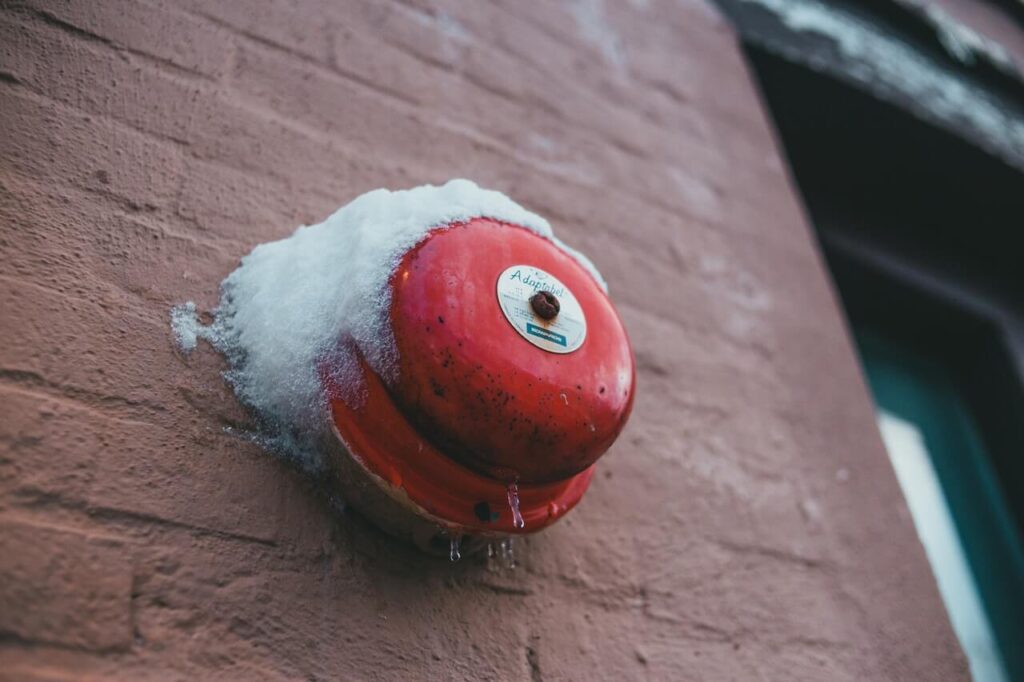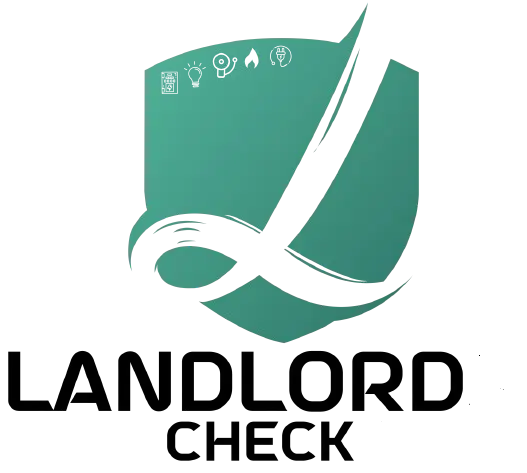
What is a carbon monoxide alarm, and why do I need one?
Carbon Monoxide (CO) is a toxic, colorless, and odorless gas that is nearly impossible to identify without a proper detector. You can die from carbon monoxide poisoning very rapidly. It is tasteless, odorless, colorless, and non-irritating is why it is known as the “silent killer.” A person could lose consciousness and become incapacitated if the early symptoms of CO poisoning are disregarded.
Appliances like boilers, gas stoves and ovens can pose a severe risk to the home because they burn fuel improperly, which produces carbon monoxide. Therefore, it is highly advised to have a CO alarm installed nearby and to examine this fuel-burning equipment by a registered engineer regularly.
In order to make sure that your appliances are functioning correctly, it is crucial to have them serviced, maintained, and tested. However, this does not guarantee your safety. Between inspections, faults can and do arise.
What is a carbon monoxide alarm?
Carbon monoxide alarms are made to detect this ‘silent killer,’ i.e., carbon monoxide. Due to the rise in the number of solid fuel burners installed in buildings and the constant danger of a malfunctioning boiler, carbon monoxide alarms are essential for saving lives. Sadly, there is still very little knowledge regarding CO, and poisoning incidents are increasing. In the UK, carbon monoxide poisoning in the home results in up to 4,000 medical visits and 50 fatalities annually, according to the Department of Health. Therefore, it is vital to make sure that your tenants know the possible harm that carbon monoxide can do and that you take the necessary safety steps, especially if you provide rental premises.
Why do you need a carbon monoxide alarm?
There are always concerns, even if all of your home’s power and heating comes from electrical items. Carbon monoxide can still enter your house through seemingly impenetrable walls, from a neighbor’s malfunctioning appliance, and from nearby garages that keep cars and gasoline-powered equipment like lawnmowers.
The best approach to detect carbon monoxide in the air and warn you that the hazardous gas is there is with carbon monoxide alarms. Therefore, all private landlords must make sure that their rental premises are equipped with carbon monoxide detectors and smoke detectors on every floor where solid fuels are used (although we recommend a CO detector regardless of fuel type). The carbon monoxide detector beeping can then help you detect that carbon monoxide is present in the air, and we need to take measures to prevent its leakage.
The regulation of carbon monoxide detectors
A carbon monoxide alarm must be placed “when a new or replacement fixed solid fuel appliance (e.g., wood and coal burning, not gas) is installed in a house,” according to the Building Regulations Approved Document J. On the day a renter moves in, all smoke detectors and carbon monoxide alarms must be inspected. You should ensure you are adhering to these regulations, or you might be fined up to £5,000 for not doing so. Landlords are also required to offer a current Gas Safety Certificate and EPC. A landlord will be in breach of the law and unable to serve a Section 21 notice without these papers in place.
The best practice is to give tenants the same level of protection as the private market, even if social housing providers are exempt from this carbon monoxide legislation. This is especially true considering the high proportion of vulnerable tenants in social housing and the likelihood that the disparity between social and private legislation will eventually be fixed.
New regulations for carbon monoxide (and smoke) alarms in 2022
The laws governing smoke and carbon monoxide alarms will be modified in 2022. The new regulations mandate smoke alarms on every floor and carbon monoxide detectors in any room with a fixed combustion device for social landlords and private landlords (such as a gas boiler or fire). While landlords will still need to rectify or replace any defective alarms after being notified, tenants will still be responsible for checking devices throughout the tenancy.
Where to buy a carbon monoxide alarm
Always look for a CO alarm with a British or European approval mark, such as a Kitemark, and complies with British Standard EN 50291. One of the safest choices when purchasing is to get a carbon monoxide alarm from a reputable high street retailer. Most hardware and home improvement stores, along with large supermarkets, carry carbon monoxide alarms. A quality product should be easier to ensure when you buy from one of these retailers. The same holds whether you’re making an online purchase. Also, ensure that you’re buying from a reputable and well-known seller.
How does carbon monoxide affect us?
Natural gas, coal, gasoline, wood, and propane are examples of partially burned carbon fuel sources that can result in carbon monoxide production, which is composed of one part oxygen and one part carbon. Carbon monoxide can be fatal in enclosed quarters even though it is safe to breathe outside or in well-ventilated areas. Due to its lack of smell, it is exceedingly difficult to detect, and too much carbon monoxide depletes the body’s oxygen supply by mixing with hemoglobin in the lungs. Headaches, lightheadedness, and nausea may result from this before it is fatal.
Why should you choose an engineer who is Gas Safe registered?
You can only legally and safely fit, install, remove, and repair gas appliances by working with a Gas Safe Registered engineer. To legally operate with gas in the UK, gas engineers must hold a license from Gas Safe Register. Engineers must possess a current and valid gas competence qualification to register.
Do not compromise gas safety.
Rental premises must undergo an annual inspection by a Gas Safe Engineer. The ideal scenario is to service your boiler simultaneously. Please don’t wait until the boiler breaks to get it mended because a faulty boiler can result in a carbon monoxide leak.
Stay up-to-date on landlord laws.
Being a landlord entails more than just giving tenants a place to live and fixing the heater once in a while. All landlords must adhere to several legal regulations, and new rules are being passed daily. New laws occasionally take effect quietly, without notice or a letter being delivered to your door, which may unintentionally cause you to violate your obligations.
The law about smoke and carbon monoxide detectors highlights the need for landlords to be constantly alert to changes in their responsibilities. Our amazing team at Landlordschecks stays abreast of all legislative changes and will provide you with the services you need.




